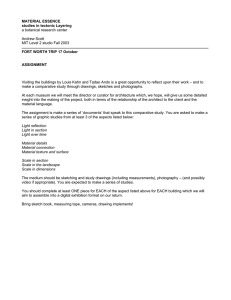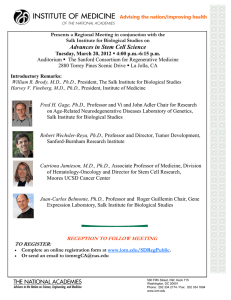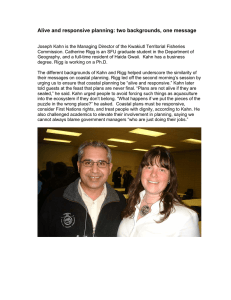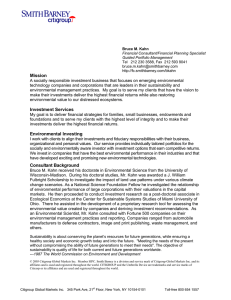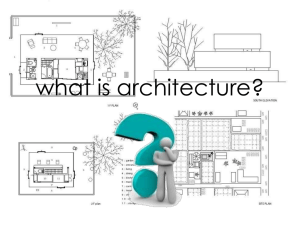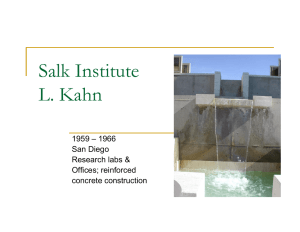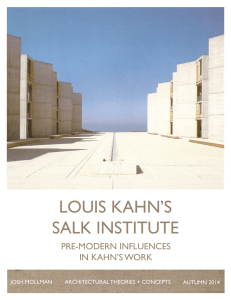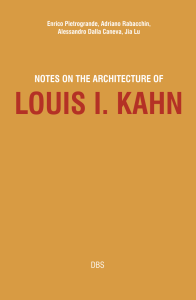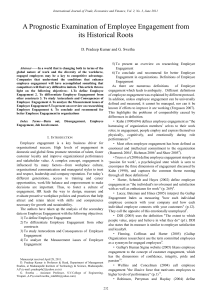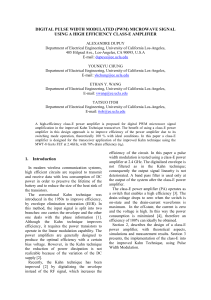Following the lecture Connect, another important consideration to be
advertisement
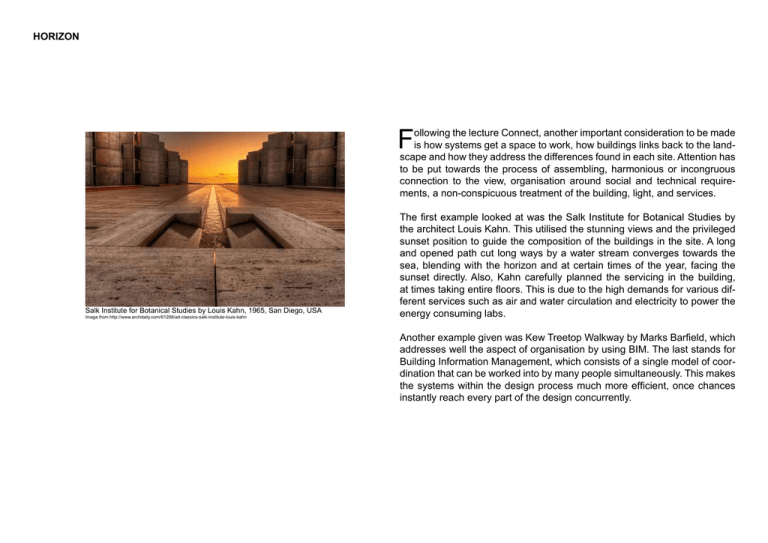
HORIZON F ollowing the lecture Connect, another important consideration to be made is how systems get a space to work, how buildings links back to the landscape and how they address the differences found in each site. Attention has to be put towards the process of assembling, harmonious or incongruous connection to the view, organisation around social and technical requirements, a non-conspicuous treatment of the building, light, and services. Salk Institute for Botanical Studies by Louis Kahn, 1965, San Diego, USA Image from http://www.archdaily.com/61288/ad-classics-salk-institute-louis-kahn The first example looked at was the Salk Institute for Botanical Studies by the architect Louis Kahn. This utilised the stunning views and the privileged sunset position to guide the composition of the buildings in the site. A long and opened path cut long ways by a water stream converges towards the sea, blending with the horizon and at certain times of the year, facing the sunset directly. Also, Kahn carefully planned the servicing in the building, at times taking entire floors. This is due to the high demands for various different services such as air and water circulation and electricity to power the energy consuming labs. Another example given was Kew Treetop Walkway by Marks Barfield, which addresses well the aspect of organisation by using BIM. The last stands for Building Information Management, which consists of a single model of coordination that can be worked into by many people simultaneously. This makes the systems within the design process much more efficient, once chances instantly reach every part of the design concurrently.
